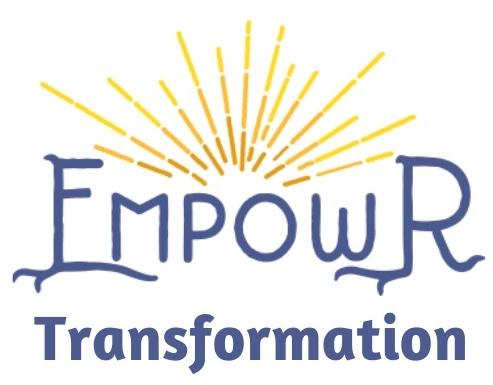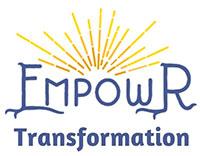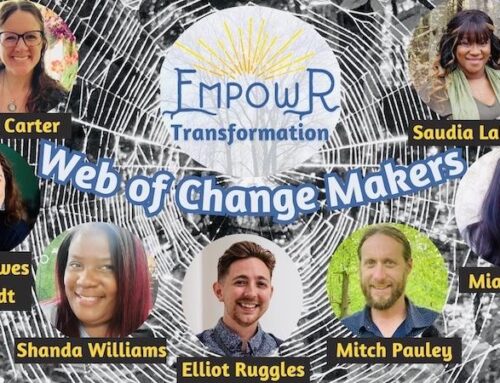As corporations and nonprofits express interest in improving diversity within their boards, let us consider how volunteerism has long been a tenet of board of director engagement and is largely an asset of wealthy white people. For people with less wealth, time, and privilege, board participation is unpaid labor.
Research shows that diverse leadership and management teams outperform homogenous teams. However, board service is largely in the purview of the affluent and the affluent are predominantly older, white men and women. Board recruitment comes from board member contacts, constraining the ability to diversify the racial, socio-economic and generational mix of boards. We need new models to enable board service by a more diverse population of individuals.
We must recognize and remediate the economic and wealth gap constraints that prevent broader participation on boards. Efforts to increase diversity without enabling compensation for non-traditional board members inhibits the very premise of equity, diversity, and inclusion.
For boards to diversify they must address equity and implicit bias and create mechanisms to compensate individuals who don’t have access to the assets of wealth and time.
Approaches to creating leadership spaces that are safe and accessible to people with non-white skin, non-cis gender sexual identity, lower economic resources and other differences that fall outside of the status quo must be rooted in understanding the deep benefits of a more diverse and inclusive society, avoiding the paradigms of saviorism or tokenism. For equity to be an authentic core value, we need to shift our perspectives away from leadership being a form of altruism to one of reciprocity in meeting both organizational and individual needs.
The Time and Money Paradigm
White board members may respond that we have earned our money and have far greater limits on our time than others because of leadership positions in our organizations and the community services in which we engage. The time constraints of wealthy white people are based in our positions afforded by our privilege. People who must work multiple jobs and longer hours to pay for necessities, and who lack the resources to buy services and afford the support systems that are readily available to wealthy people view time and money through a different lens.
Recognizing the time/money paradigm requires us to acknowledge the need to compensate people without wealth to diversify board of director engagement and volunteer leadership positions. Failure to do so perpetuates the inequity we are trying to address through diversification. Demonstrating wealth redistribution at business and organizational leadership levels is a step towards addressing underlying societal wrongs that have created and continue to support the white supremacy culture in which we live and work.
We also need to relieve potential board members from the expectation that they will be able to give significant financial resources to the organization. People contribute to boards in a variety of ways, and contributions of knowledge, teaching and perspective should be valued in the same tier as financial contributions. My ideas for how to create such a mechanism include establishing funds to compensate board members or using individual payment platforms.
Board Justice, Equity, Diversity and Inclusion Funds
A Board JEDI (Justice, Equity, Diversity, Inclusion) Fund could be established in which board members of means contribute to the fund and those with need access the fund on an anonymous basis. Reporting for such a fund could include:
- Contributions including total amount, number of individuals contributing and median contribution.
- Withdrawals including total amount, number of people accessing and median draw.
In all diversity work, including the concept of achieving economic diversity, boards should aim for a minimum of 1/3 of the board to be comprised of the underrepresented group to avoid tokenism and create a welcoming environment. Minimums are not goals; they are thresholds.
There are questions to explore regarding setting up Board JEDI funds, including legal aspects, impacts on by-laws, tracking, tax reporting, etc. However, creating a mechanism for sharing wealth with board members who could not otherwise afford to serve or who have financial needs (such as childcare) that result directly from board service, demonstrates a concrete commitment to inclusion and equity by enabling individuals with less wealth to serve and be represented in leadership, corporate, and organizational decision making.
Online Payment Platforms
Platforms like Patreon, Venmo, and PayPal enable payments to people who work in areas of uncompensated change-making such as EmpowR founder, Rae Carter, the publisher of this blog. Rae is active as a voice for equity on multiple boards and committees without the income to support her labor. It was in conversation with Rae that the ideas for this article emerged.
Rae shared, “There are so many spaces where the voices and perspectives of people whose lived experiences with inequity benefit organizational and community development, contributing to impactful social change. Yet there are very minimal compensation models to extend reciprocity for those who are paying to work by offering their time and expertise, rather than being paid for their contributions. Furthermore, unpaid leadership opportunities and positions perpetuate racism and classism, by ensuring that wealth is a determining factor in being able to work for free.”
Equality vs Equity
While discussing the idea of board compensation with a friend recently, she asked, “wouldn’t it be more equitable to just pay everyone?” This is likely a common refrain that blurs the lines between equality (everyone gets the same regardless of need) and equity (supporting those with greater need to increase access to opportunities). The premise behind a fund that supports the inclusion of people with less financial means recognizes the different pressures people have on their time and resources and is a small step towards redistribution of wealth to create a more egalitarian society.
If people of means feel entitled to draw from such funds, perhaps that is an indication that the members comprising the board should be reconsidered if the organization has a commitment to justice, equity, diversity, and inclusion. This can open conversations about who needs to step off the board to make space for more diversity.
Addressing the time/money barrier is an essential step to enable board diversification but is insufficient to create an inclusive and diverse board. We cannot move from an exclusive, privileged, predominantly white hierarchal structure to an inclusive, equitable, diverse collective by continuing to think, behave and feel as we always have. Boards need to do significant individual and collective work to change their cultures. Providing remuneration to members with financial need will be a step in the right direction.




